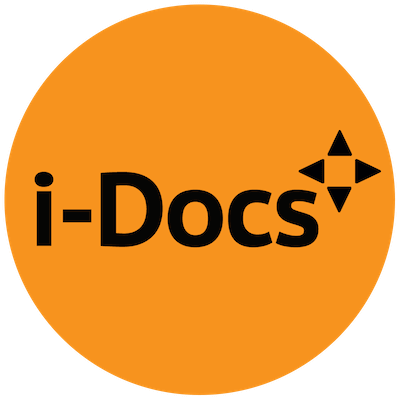Last month the i-Docs team took over Immerse, posing the question, Why do i-docs matter? to practitioners and academics, many of whom contributed chapters to our book i-Docs: The Evolving Practices of Interactive Documentary.
An initiative of Tribeca Film Institute, MIT Open DocLab and The Fledgling Fund, Immerse is a monthly online publication providing creative discussion around emerging nonfiction storytelling. Now in their tenth issue, it continues to invite contributors to cast a critical eye over this ever expanding world of non-fiction storytelling.
Sandra Gaudenzi contributed the lead piece, with a personal reflection of why i-docs matter to her – raising questions around multiplicity, perspective and values. In the style of Immerse, her provocation provided the stimulus for the other pieces within our issue.
i-Docs co-director Judith Aston responded to calls to fight algorithmic manipulation and filter bubbles with a deep dive into her strategy of “emplaced interaction.” Similar themes were picked up by Ben Moskowitz, former Director of Development Strategy at the Mozilla Foundation and an advocate for open standards, content and technology.
Approaching the question from a different angle, Liz Miller – an independent documentary maker, trans-media artist, and professor – explored educational possibilities of interactive work, with particular focus on her environmental project Shoreline. Whilst filmmaker Anandana Kapur discussed co-creating with the “invisible women of Dehli” and her work-in-progress interactive project.
Our approach to the Immerse issue is reflected in our ideas for i-Docs 2018; At a moment of deep precariousness, we want the Symposium to encourage critical thinking and making within the field, and to interrogate and share the diverse strategies and practices through which i-docs provide a stage for convening dialogue, creativity and resistance.
There are just a couple of days left to respond to our call for participation – find out more here.

